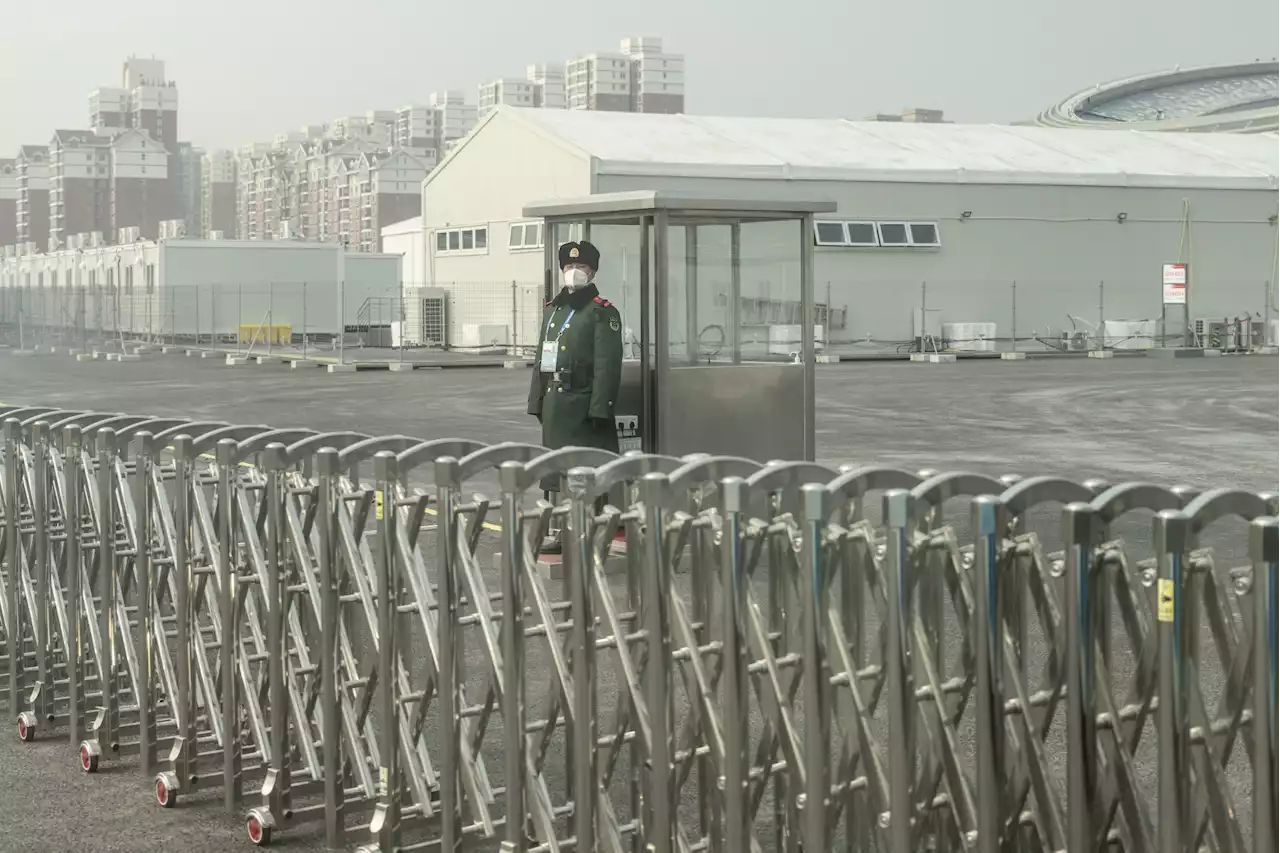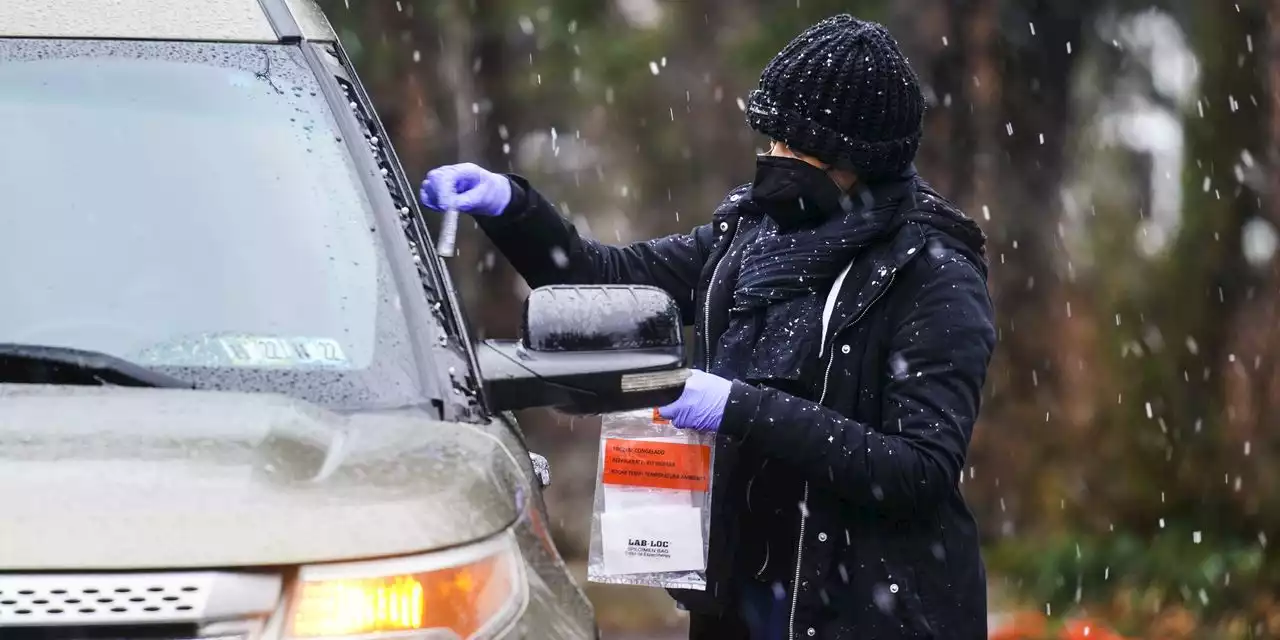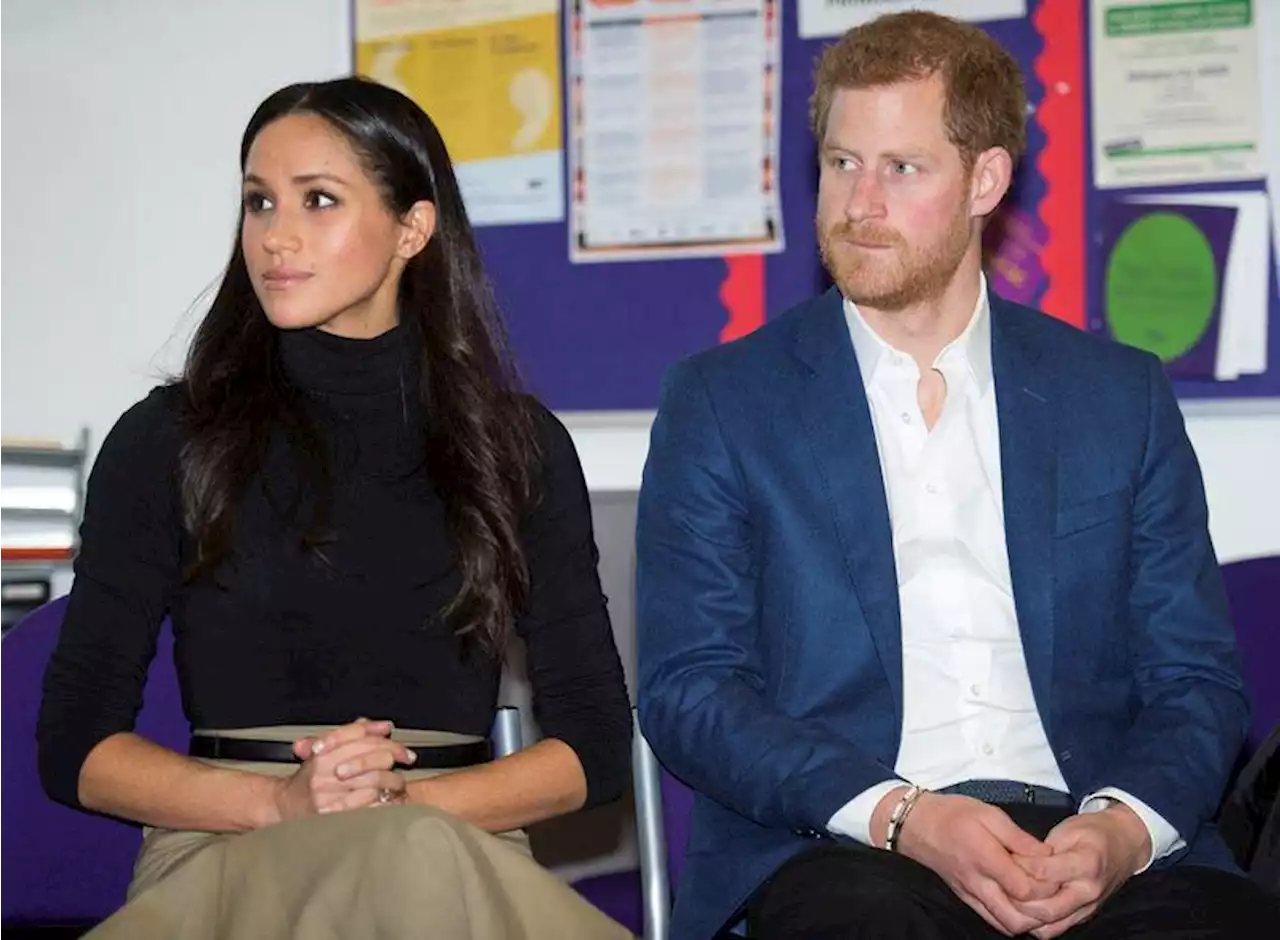New research gives a stark warning to richer nations that have been hoarding their supplies of COVID-19 vaccines: Doing so only has a short-term local benefit, and in the longer term leaves everyone more vulnerable to infection.
Right now, high-income countries have access to most of the available vaccine supply, and are looking to prioritize getting their own populations vaccinated – but as the Delta"Our results show that vaccine inequity provides only limited and short-term benefits to HICs," the researchers write in their"Sharper disparities in vaccine allocation between HICs and LMICs lead to earlier and larger outbreaks of new waves.
The researchers looked at data including the global movement of people, vaccine efficacy, and viral evolutionary dynamics to see how different vaccine distribution patterns would work – including examining scenariosWhile HICs initially see a positive trend from hoarding – in terms of reducing the prevalence of COVID-19 infections and the cumulative mortality rate – the delay in vaccinations in other countries simply prolongs the pandemic.
As well as leading to more deaths in LMICs, this means more time for reinfection, a greater possibility of future waves, and more time for theHigh-income countries can't protect themselves from those problems crossing their borders, even with a highly vaccinated population. In the end, not sharing vaccines ends up costing more in terms of fighting infections and keeping people healthy.
"Many researchers and public health experts have warned of the negative consequences of global vaccine inequity," ."Pandemics know no borders, and the public health and economic costs of inequitable vaccine allocation will be borne by all countries in the end."from studies carried out with influenza spread that when vaccines are shared between countries, everybody involved benefits from reduced infection rates.
United States Latest News, United States Headlines
Similar News:You can also read news stories similar to this one that we have collected from other news sources.
 Beijing Olympics COVID cases put strain on China's zero-COVID strategyChina's 'zero tolerance' pandemic measures include isolating everyone associated with the Winter Games, which begin on February 4, from the general population.
Beijing Olympics COVID cases put strain on China's zero-COVID strategyChina's 'zero tolerance' pandemic measures include isolating everyone associated with the Winter Games, which begin on February 4, from the general population.
Read more »
 U.S. Covid-19 Hospitalizations Retreat, but Deaths Keep RisingHospitalizations for Covid-19 continue to slow in the U.S., with the seven-day average of hospital patients with confirmed or suspected infections about 8% down from a peak on Jan. 20
U.S. Covid-19 Hospitalizations Retreat, but Deaths Keep RisingHospitalizations for Covid-19 continue to slow in the U.S., with the seven-day average of hospital patients with confirmed or suspected infections about 8% down from a peak on Jan. 20
Read more »
 -China reports 34 new COVID-19 cases among Games-related personnelThirty-four new COVID-19 infections were detected among Olympics-related personnel, the Beijing 2022 Winter Games organising committee said on Sunday, including Poland's short track medal hopeful Natalia Maliszewska.
-China reports 34 new COVID-19 cases among Games-related personnelThirty-four new COVID-19 infections were detected among Olympics-related personnel, the Beijing 2022 Winter Games organising committee said on Sunday, including Poland's short track medal hopeful Natalia Maliszewska.
Read more »
 UK's Harry and Meghan voice concern to Spotify over COVID-19 misinformationBritain's Prince Harry and his wife Meghan have expressed their concern to Spotify about COVID-19 misinformation on its platform and are committed to continuing to work with the company, a spokesperson for their Archewell foundation said on Sunday. Singer-songwriters Neil Young and Joni Mitchell are removing their music from Spotify in protest that the popular streaming service has allowed the airing of misinformation about COVID-19 vaccines. Harry and Meghan signed a series of corporate deals, including to produce and host podcasts for Spotify, as part of their efforts to make a living following their split with Britain's royal family announced in 2020.
UK's Harry and Meghan voice concern to Spotify over COVID-19 misinformationBritain's Prince Harry and his wife Meghan have expressed their concern to Spotify about COVID-19 misinformation on its platform and are committed to continuing to work with the company, a spokesperson for their Archewell foundation said on Sunday. Singer-songwriters Neil Young and Joni Mitchell are removing their music from Spotify in protest that the popular streaming service has allowed the airing of misinformation about COVID-19 vaccines. Harry and Meghan signed a series of corporate deals, including to produce and host podcasts for Spotify, as part of their efforts to make a living following their split with Britain's royal family announced in 2020.
Read more »
US service workers pressured to keep working while positive for COVID-19In stores and restaurants, the staff serving the public may be infected with COVID-19 because their bosses want them to keep working even when ill, say workers
Read more »
 Coronavirus: False result fears prompt recall of nearly 300K at-home COVID-19 testsThe U.S. Food and Drug Administration characterized the recall as a Class 1, the most serious type issued.
Coronavirus: False result fears prompt recall of nearly 300K at-home COVID-19 testsThe U.S. Food and Drug Administration characterized the recall as a Class 1, the most serious type issued.
Read more »
